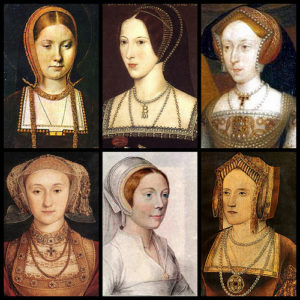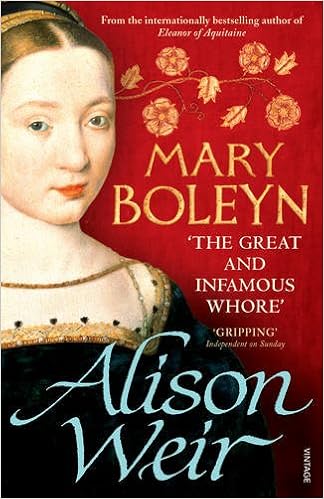
People have been asking me recently what I think about historical fiction. I assume what they mean by that is ‘how much does it matter whether fiction based on history actually follows the facts.’
And my answer? Not much. Personally, I much prefer fiction that sticks as closely to the available facts as possible while adding some snap, crackle and pop where it’s needed. Philippa Gregory and last year’s ‘Victoria’ series just about got it right for me. But ultimately if something is labelled fiction than that’s exactly how it should be treated. Readers and watchers should not assume they are getting the factual truth and if they do, that is not the fault of novelists or TV producers.
But there is a genre of history that worries me much more. The 1 hour documentary. I understand – and accept – that things need to be simplified for TV. I recognise that there has to be different entry points for varying levels of knowledge and interest and many of my curiosities were sparked through this very medium. However, I am getting a little fed up with the huge oversimplifications that have been transmitted through our TV screens in the last year or so which make a big impact on popular understandings of the historic debate.
Lucy Worsley’s ‘History’s Biggest Fibs’ got me a bit riled on Thursday night. While I did really enjoy much of it, the assertion that the ‘Wars of the Roses’ was a Tudor myth and that Richard III’s name was blackened by his successors, drove me crazy.
I’ve blogged previously about the Wars of the Roses, but can I please just but in a plea for sanity when it comes to the accusation that the Tudors led some kind of deliberate propaganda campaign to tarnish the previously saintly reputation of the last Plantagenet King.

Of course Tudor writers would have been mindful of the need to please the new dynasty and this would have been reflected in their writing. As Worsley notes, John Rouse’s work is a perfect example of this – he was complimentary about Richard in his life time but negative about him once Henry Tudor came to power.
However we now know that things once believed to be a Tudor invention have turned out to be true. Richard’s curved spine, so often dismissed as Tudor spin has been established as fact.
The account of Dominic Mancini – dated 1483, two years before the Tudors took over – makes it clear that people strongly suspected Richard in his own lifetime of usurping the throne and doing away with the Princes.
Of course Richard’s reputation suffered under his successors. Things rooted in truth were exaggerated and he was not treated with a sense of balance and objectivity. But the beginnings of his huge unpopularity and the link to the crimes many hold him responsible for, can clearly be found in his own reign and lifetime.
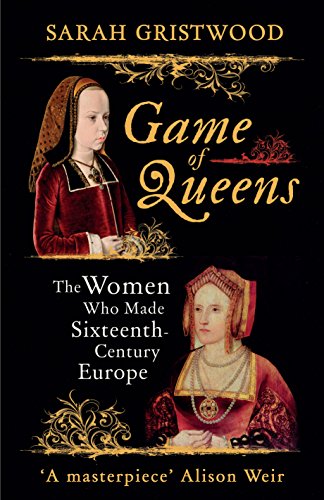



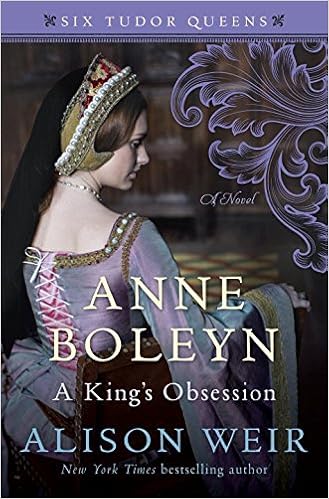

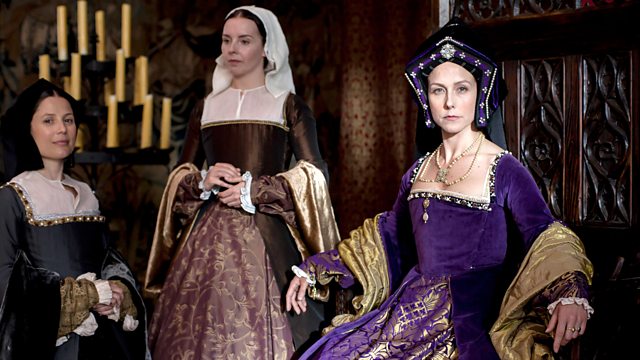
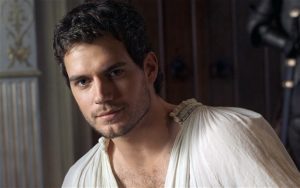
![The Tudor Brandons: Mary and Charles - Henry VIII's Nearest & Dearest by [Watkins, Sarah-Beth]](https://images-eu.ssl-images-amazon.com/images/I/51JB695KM%2BL.jpg)
